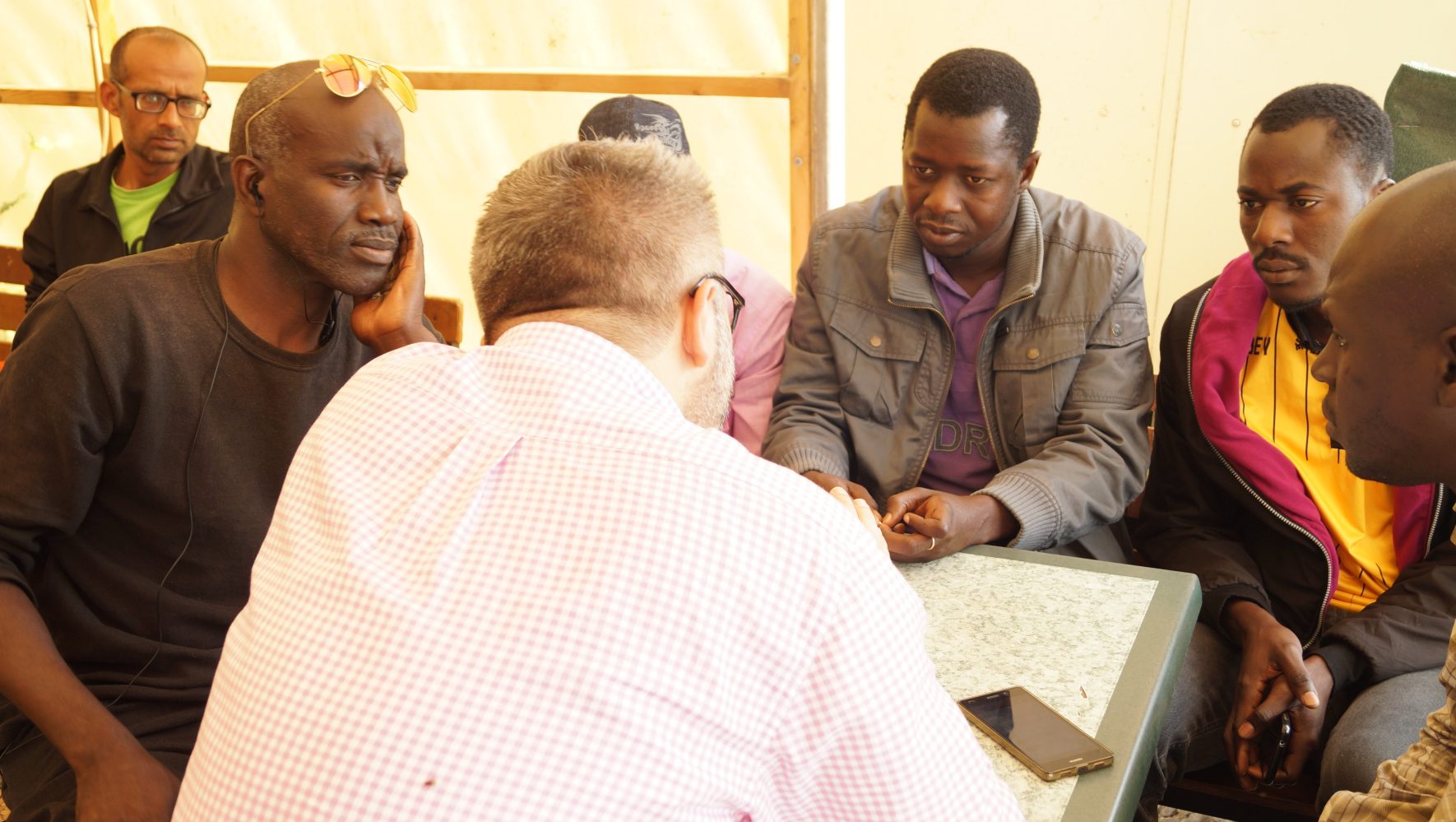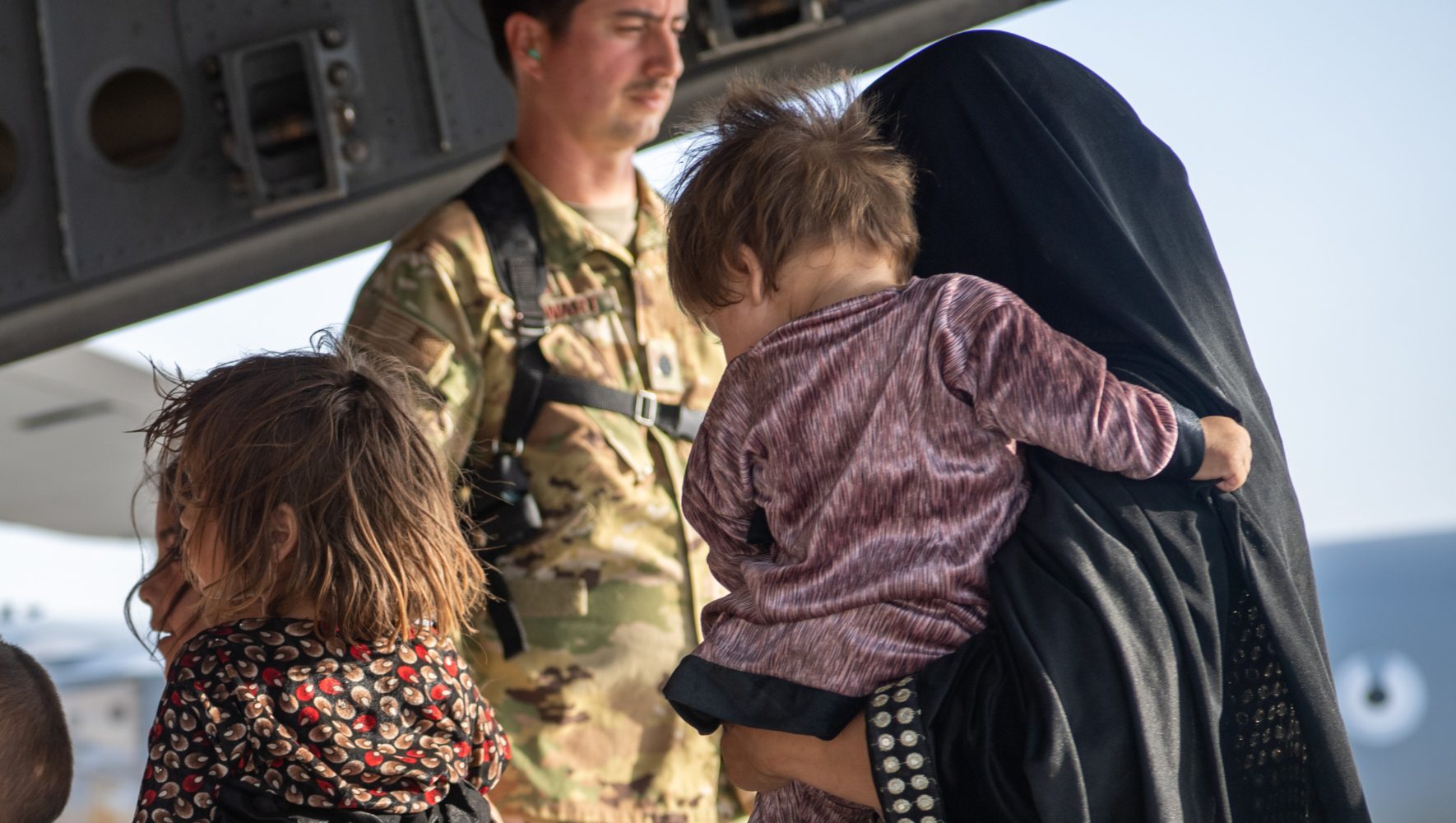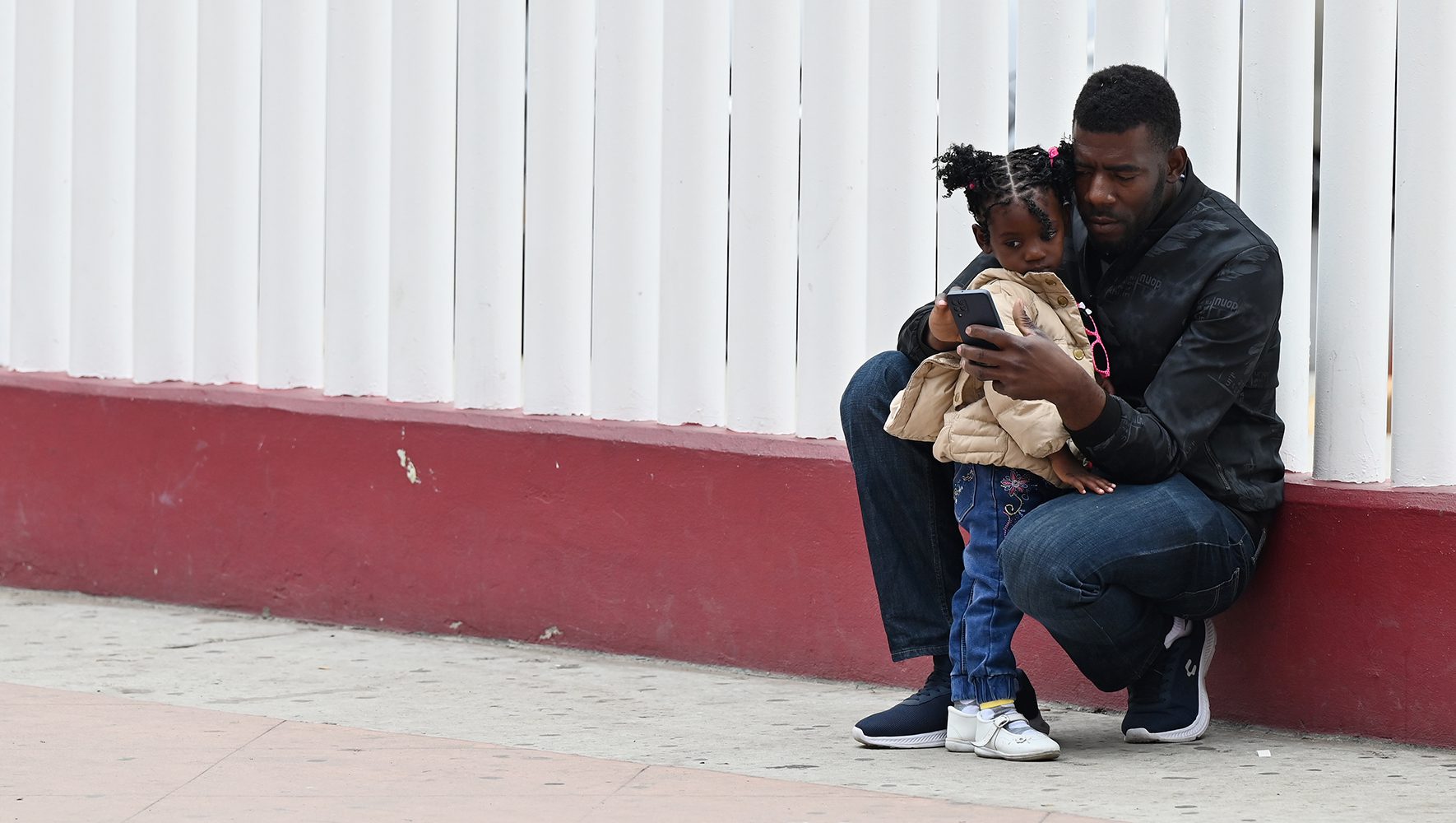HIAS Resumes Legal Challenge of Refugee Ban
By Gabe Cahn, HIAS.org
Mar 10, 2017
We're headed back to court on behalf of refugees.
Paperwork was filed on Friday, March 10 by ACLU and National Immigration Law Center lawyers on behalf of HIAS and the other plaintiffs, including the International Refugee Assistance Project and several individuals, to continue the legal challenge against President Trump’s revised refugee ban.
Attorneys representing HIAS and the other plaintiffs filed a motion to block President Trump’s new Executive Order, which would cause irreparable damage and maintain a reduction of the refugee admissions cap from 110,000 to 50,000 for Fiscal Year 2017.
HIAS’ new legal action follows an initial lawsuit on February 7, as well as a February 22 preliminary injunction. A copy of the amended complaint, filed in the U.S. District Court for the District of Maryland, Southern Division, is available here.
“We are suing to save lives,” said HIAS Managing Attorney Liz Sweet. “If implemented, this revised Executive Order will create the same devastating consequences for tens of thousands of refugees who our government promised safety and freedom in the United States.”
Many of the individuals awaiting resettlement are women and children, and many are hoping to be reunited with family members already lawfully in the United States. Many of their government-issued clearances will expire during the 120 day suspension of the refugee program. At this time, and it is unclear how far back in the often two year security vetting process they will have to go in order to be re-cleared for resettlement.
More than 1,360 HIAS clients worldwide had already completed the vetting process and had been approved for refugee status before the order. 437 individuals were ready to travel to the United States and be resettled by HIAS in the coming weeks, but the new order will close the doors on them.
“While the Trump Administration has yet to demonstrate how this policy will make us safer, our case clearly shows that the new order will irreparably damage the lives of refugees and their families,” Sweet added.
The negative consequences of this order will impact U.S. citizens who were waiting for years to be reunited with family members.
HIAS’ complaint describes the experience of Abdi, a U.S. citizen originally from Somalia. His daughter fled the conflict in Somalia and has been living in an unstable situation in Ethiopia since 2011. Abdi's daughter's refugee status has been approved, she was assigned to HIAS for resettlement in the United States, and she was waiting for her travel to be booked.
He believes that she lacks medical care or education in Ethiopia and is confused as to why his daughter is no longer able to come to the United States after they were “promised.” Abdi is working as a cab driver and was prepared to help support his daughter’s adjustment to living in America.
Beyond the potential human toll of the revised order, the groups are also challenging the legal standing of the refugee provisions.
“As with the first Executive Order, President Trump has once again ignored the Constitution in order to fulfill his campaign promise of a Muslim ban,” said HIAS President and CEO Mark Hetfield. “We are asking the court to intervene in order to protect thousands of refugees’ lives.”
The Refugee Act of 1980 legislates the process through which the president can adjust the ceiling for how many refugees can be admitted in a given year. President Trump's declaration on January 27, to lower the number of refugees allowed into the United States this year from 110,000 to 50,000—the lowest refugee ceiling since the passage of the Refugee Act—remains unchanged by the new order. HIAS and the other plaintiffs are seeking a temporary restraining order to immediately block the refugee provisions of the order.
“HIAS is a Jewish organization that has worked since 1881 to protect and resettle refugees based on the Torah’s command to welcome the stranger,” said Hetfield. “We cannot be bystanders as our own government turns away and discriminates against tens of thousands of refugees who have played by our rules and already subjected themselves to ‘extreme vetting.’”
On Wednesday, March 15, U.S. District Judge Theodore Chuang will hear HIAS’ case in court beginning at 9:30 a.m. EST.
Later that day, at 3:30 p.m. EST, U.S. District Judge Derrick Watson will hear the case being brought by the state of Hawaii, which also seeks a temporary restraining order on the revised refugee ban. On Friday, March 10, HIAS filed an amicus brief in that case as well, along with Human Rights First, Kids in Need of Defense, and the Tahirih Justice Center.
To learn more about how you can join HIAS in standing up and fighting back for refugees, click here.


